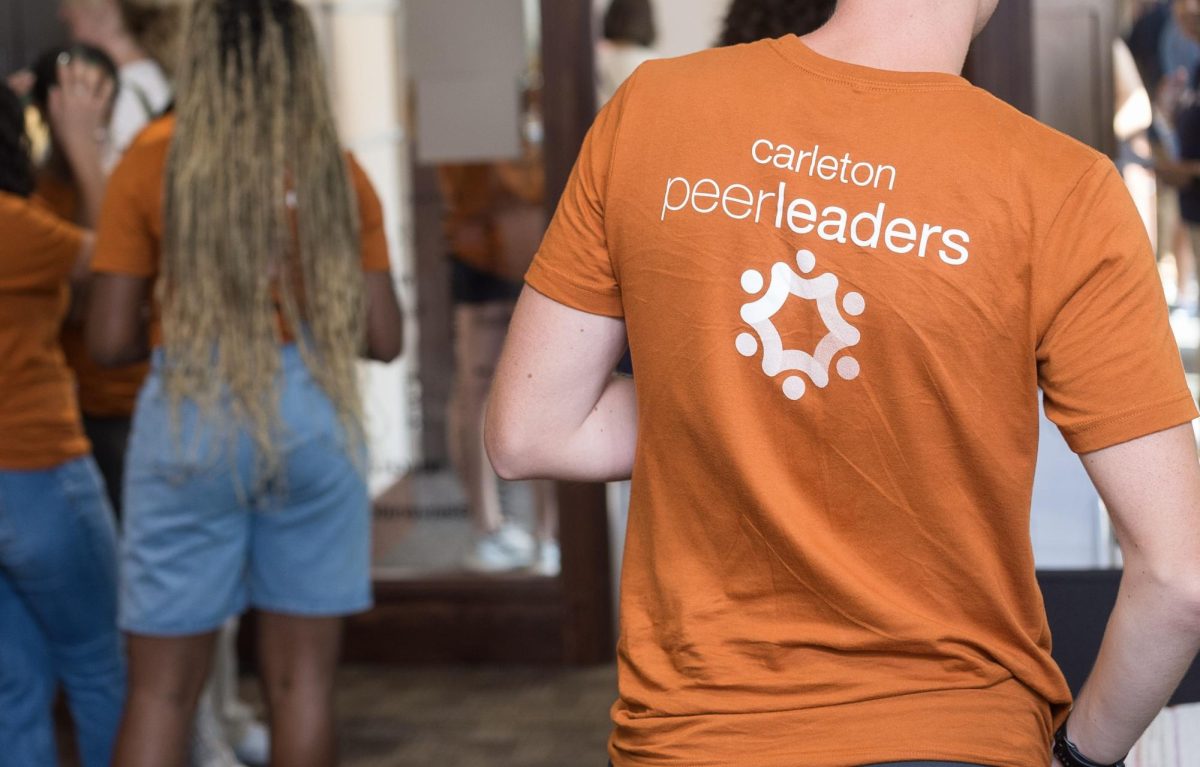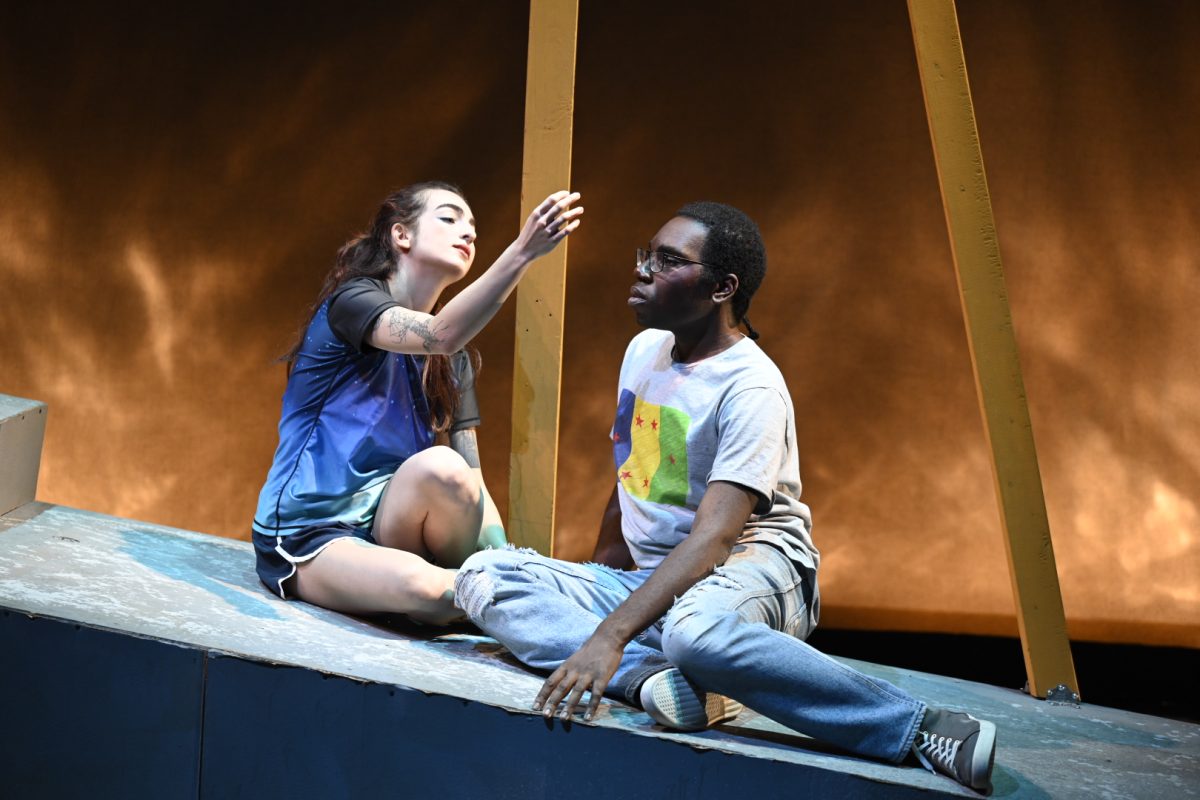Among the various reasons Carleton’s website offers about why to choose the school, the college is not marketed as the perfect place to get a safety degree in case a career in Pakistan’s pop music scene doesn’t pan out — but that’s exactly the line of thought that drew Abdullah Siddiqui ’23 to come.
Siddiqui’s music production hobby took on a life of its own after the then-sixteen-year-old submitted “Forcefield,” a single he’d put together in his own bedroom, to the selection committee for Pakastani music festival Lahore Music Meet. Two weeks before the festival, Siddiqui remembers, “they emailed me back and said, ‘You can come on in and perform.’”
The start of his performance was memorable, if not promising: “I got up on stage,” he admits, “and fell flat on my face. I was so mortified I didn’t talk, I just got up to the mic and started singing.” But his last song, in which he used an iPad to map out and play the electronic accompaniment, “got people’s attention” in a big way; by the end of that night, he’d signed with an electronic label.
Since that moment three years ago, Siddiqui’s popularity has steadily increased; his YouTube channel boasts almost 7,500,000 subscribers, a clip from his guest appearance on reality-TV show “Nescafé Basement” has racked up well over three million views, and BBC Asian network called him the “electro-pop version of Ed Sheeran.” Now, people recognize him on the street at least “a few times a month,” and his resulting celebrity has led to a few fairly unique experiences.
After featuring on popular reality TV show “Nescafé Basement,” Siddiqui says he’s decided to make music his “Plan A.” The only problem: “there’s no real precedent for successful musicians in the Pakistani industry… it’s all very risky.” So Siddiqui decided to get a “safety net” for his future in the form of a liberal arts degree that would still allow him to continue his music on the side.
Here at Carleton, this pursuit of music has predominantly taken the form of participation in the Exit 69 a capella group.
Working with the group, he says, has been “entirely different” from his previous experience with music: “it’s always been just me alone with a laptop in a bedroom. So that collaborative process, that’s something I’ve never experienced before, and it’s so refreshing.”
Witnessing the group’s song arranging process has also offered Siddiqui “a new outlook on how harmonies are constructed”—something he says will definitely impact his own songwriting. Siddiqui also says he’s hoping to take this collaborative process into a new dimension by arranging one of his original songs for the group.
Overall, Siddiqui says his celebrity doesn’t have much impact on his daily life at Carleton, though it’s a bit more present online and at home.
In these spaces, it’s resulted in some fairly surreal experiences. Once, he was pulled over on the side of the road after narrowly avoiding a car crash, when a stranger “knocked on my window…took a selfie with me, and told me I’m a terrible driver.”
Another time, Siddiqui was surprised to read in the comments of one of his videos that the commenter didn’t like him because he supported controversial political figure Nawaz Sharif. “I’ve never said anything remotely related to Nawaz Sharif’s administration, in any context,” he laughs, “but this guy decided to imagine that I’m a Nawaz Sharif supporter and then to hate me for his imagination.”
Still, Siddiqui says he’s able to keep this celebrity musician persona “compartmentalized” for the most part. “I’ve felt like, the person who has my identity on the internet space, that isn’t really me.” He likes to think of his songs as relatively separate from the person who created them: “I don’t do Instagram live, I don’t like to be a public persona. I don’t have that muscle. And it serves to really let the music speak for itself.”














